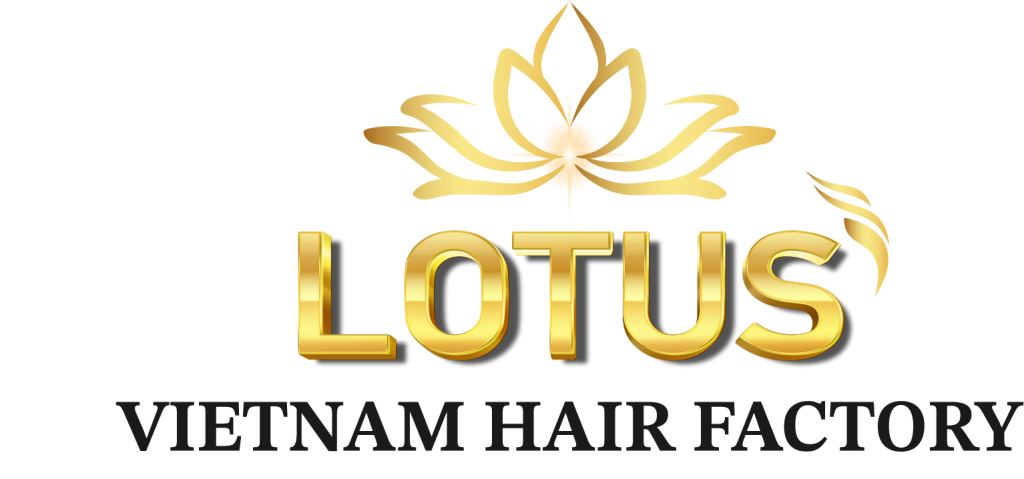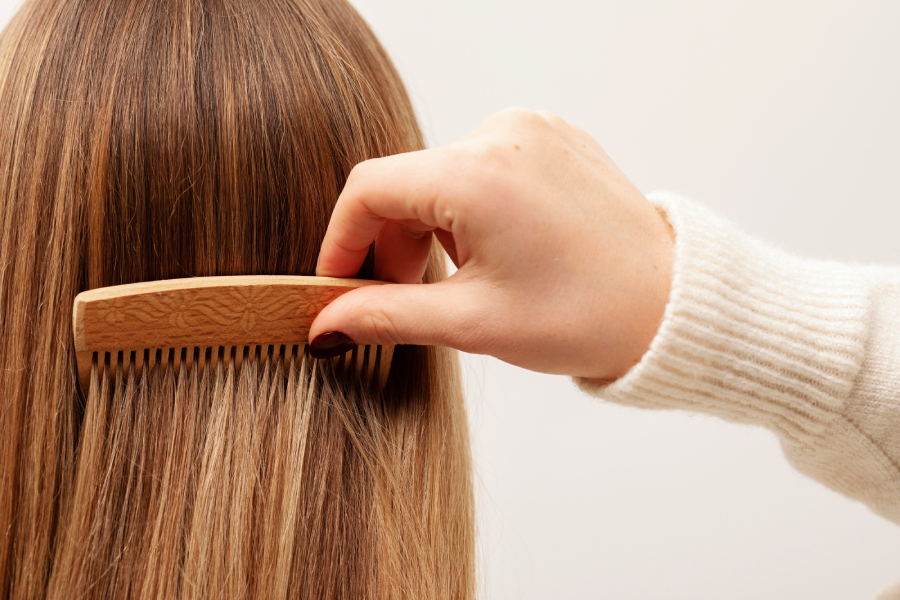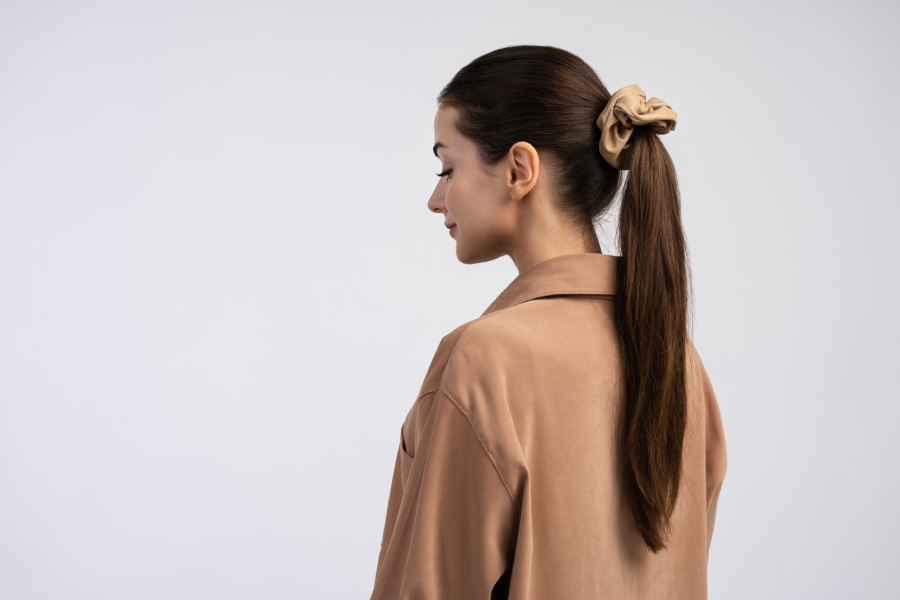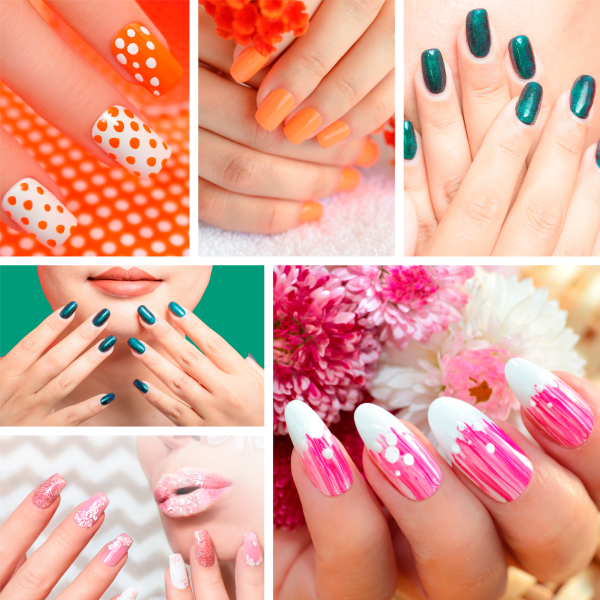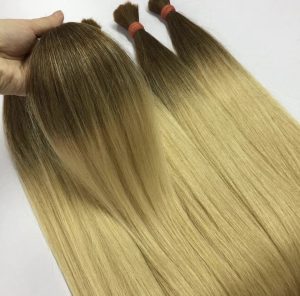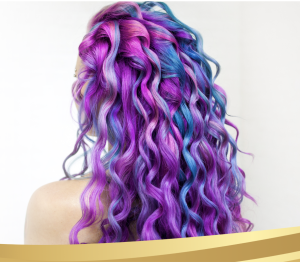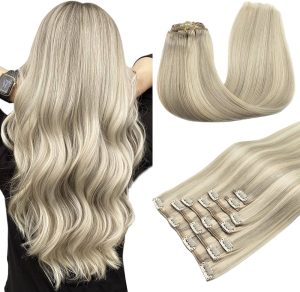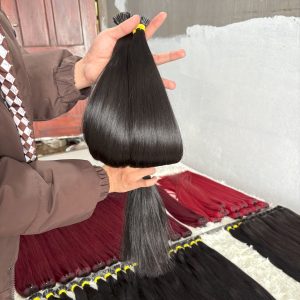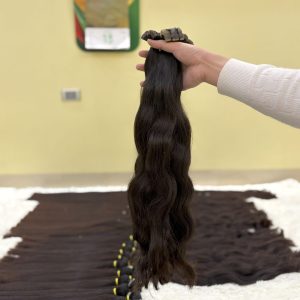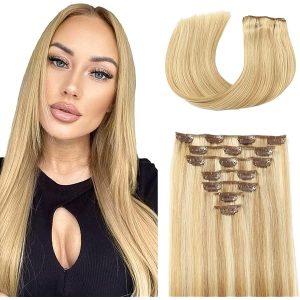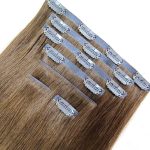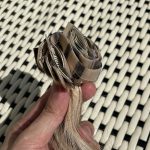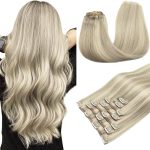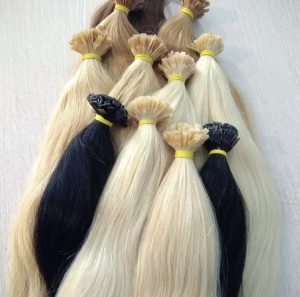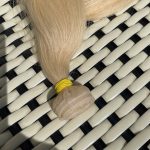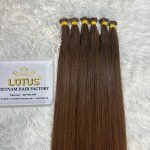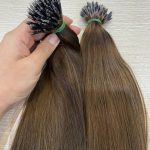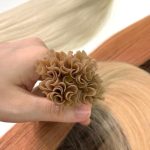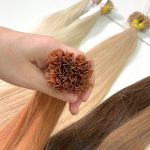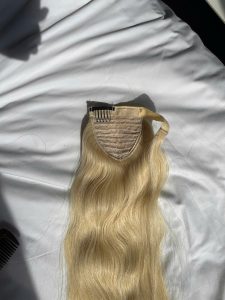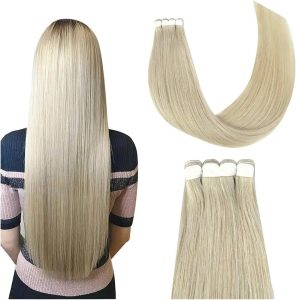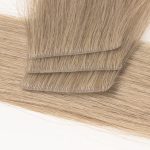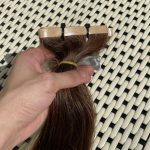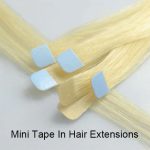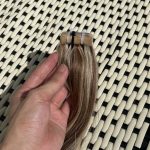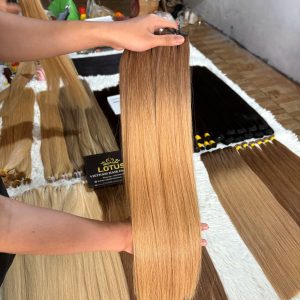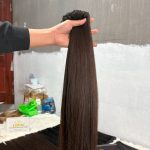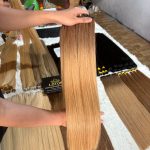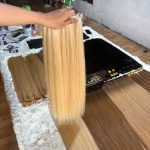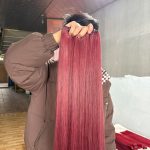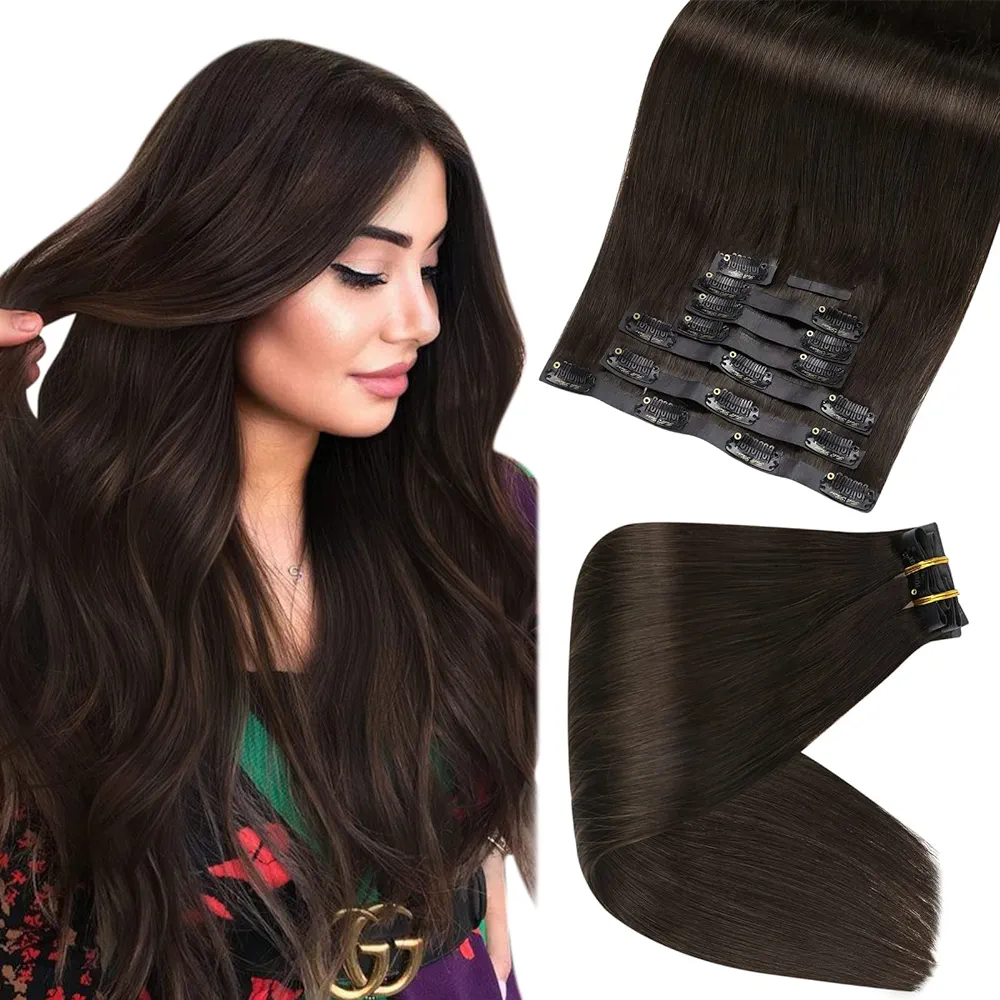Does Wearing Hair Extensions Hurt? The Truth You Need to Know Before Getting Them
Hair extensions – often considered a “beauty secret weapon” – are an ideal solution to instantly achieve long, voluminous, and bouncy hair in just minutes. From style enthusiasts who love frequent makeovers to fashionistas aiming for a more glamorous look at special events, hair extensions have become an increasingly popular choice. However, one common concern that causes hesitation is: “Do hair extensions hurt?”
The short answer is NO – as long as the extensions are applied correctly, using the right method and suited to your scalp condition, they should not cause any pain or discomfort. However, if you experience scalp tightness, aching, or prolonged discomfort after getting extensions, there may be some issues that need to be addressed. In this article, we’ll help you understand the causes and effective solutions to ensure your hair extension experience is safe, comfortable, and confidence-boosting.
Hair Extensions Applied Too Tightly
This is the most common reason why you might feel uncomfortable after getting extensions. Whether you’re using clip-ins, glue-ins, sew-ins, or micro-ring methods, attaching extensions too close to the scalp or tightening them excessively can pull on your roots. This may result in scalp tension, dull pain, or even persistent headaches – especially at the end of the day or while sleeping.
Solutions:
-
For clip-in extensions: Ensure clips are placed about 0.5 – 1 cm away from your scalp to reduce pressure. Distribute them evenly to avoid focusing tension on one area.
-
For permanent methods: If pain persists after a few days, return to the salon to have the position adjusted or the bonds loosened by a professional.
Hair Extensions That Are Too Heavy
Many people choose thick, voluminous bundles to achieve an instantly fuller look. However, this can backfire if your natural hair is fine, fragile, or your scalp is sensitive. Excessive weight puts continuous pressure on your roots and scalp, which over time may lead to headaches, hair breakage, or even follicle damage.
Solutions:
-
Choose extensions that match the density and texture of your natural hair.
-
If your hair is weak, opt for lighter, thinner extensions that are just enough to add subtle volume and length.
-
Avoid installing too many wefts at once—spread them out to reduce strain on your scalp.
Poor Placement of Extensions
Not every area on your head is suitable for hair extension placement. Sensitive areas like the hairline, around the ears, or crown of the head may feel itchy, painful, or irritated if extensions are attached there. Additionally, poorly balanced placement can cause uneven weight distribution, leading to discomfort.
Solutions:
-
When at the salon, communicate any sensitive scalp areas to your stylist beforehand.
-
If applying extensions yourself at home, test different positions to find the most comfortable areas.
-
Opt for clip-ins with soft bases, silicone lining, or low-friction designs—especially if you plan to wear them all day.
Sensitive Scalp
Some people naturally have sensitive scalps that react to even mild tension or pressure. If you’re in this group, permanent extension methods like gluing, sewing, or micro-beading may not be suitable for you.
Solutions:
-
Prefer clip-in or halo (wire) extensions—they’re easy to use, gentle on the scalp, and removable at any time.
-
Always do a short-term trial before wearing extensions for long periods.
-
Consult a hair professional if you’re unsure whether your scalp can handle extensions.
Improper Aftercare
Wearing extensions isn’t just about the installation—it requires proper daily care. If you neglect brushing, allow tangles, or improperly handle them, the extensions can tug at your natural hair, causing scalp soreness, tension at the roots, and even hair breakage.
Common care mistakes that cause discomfort:
-
Not detangling hair before sleep or washing
-
Using the wrong brush that pulls too hard
-
Styling with high heat, making hair dry and tangled
-
Using alcohol-based products that irritate the scalp
Solutions:
-
Use a special brush for extensions (wide-toothed, soft bristles).
-
Wash hair gently—don’t rub or scrub vigorously.
-
Nourish hair with light oils or sulfate-free products.
-
Store extensions properly when not in use (hang them or keep in a ventilated box).
Conclusion
Hair extensions are a modern, fast, and effective way to enhance your look—but only if you understand your body and choose the right method. Never sacrifice your comfort or scalp health just for a fuller hairstyle for a few hours. Take the time to experiment, research, and when in doubt, seek advice from a professional stylist to find the best option for you.
Lotus Hair Vietnam – A Leading Manufacturer of High-Quality Hair Extensions
With over 14 years of experience, Lotus Hair Vietnam takes pride in being one of Vietnam’s leading hair extension manufacturers, specializing in providing premium Vietnamese hair to international markets. Established in 2010, we have continuously developed and strengthened our reputation worldwide, particularly in the United States and Europe.

Quality is always our top priority at Lotus Hair. We are committed to delivering consistently high-quality hair products with smooth texture, natural shine, and long-lasting durability.
Every batch of hair extensions undergoes strict quality control to ensure strength, softness, and compliance with international standards—ready to conquer even the most demanding markets like the U.S. and Europe.
Whether you are a retailer, salon owner, or distributor, we offer tailored supply solutions to help you grow your business with direct-from-factory pricing and premium-quality products.
Contact us today for expert consultation and the best pricing options!
| LOTUS HAIR VIETNAM | |
| Hotline & WhatsApp | +849.9595.3999 – Ceo – Mr. Ben +849.969.01.777 – Mr. Erik +849.969.03.777 – Ms. Tina +849.969.05.777 – Ms. Vietnam +849.969.06.777 – Ms. Maria |
| Email: | [email protected] |
| Address: | 210/11J Cach Mang Thang Tam Street, Ward 9, District 3, Ho Chi Minh City, Vietnam. |

